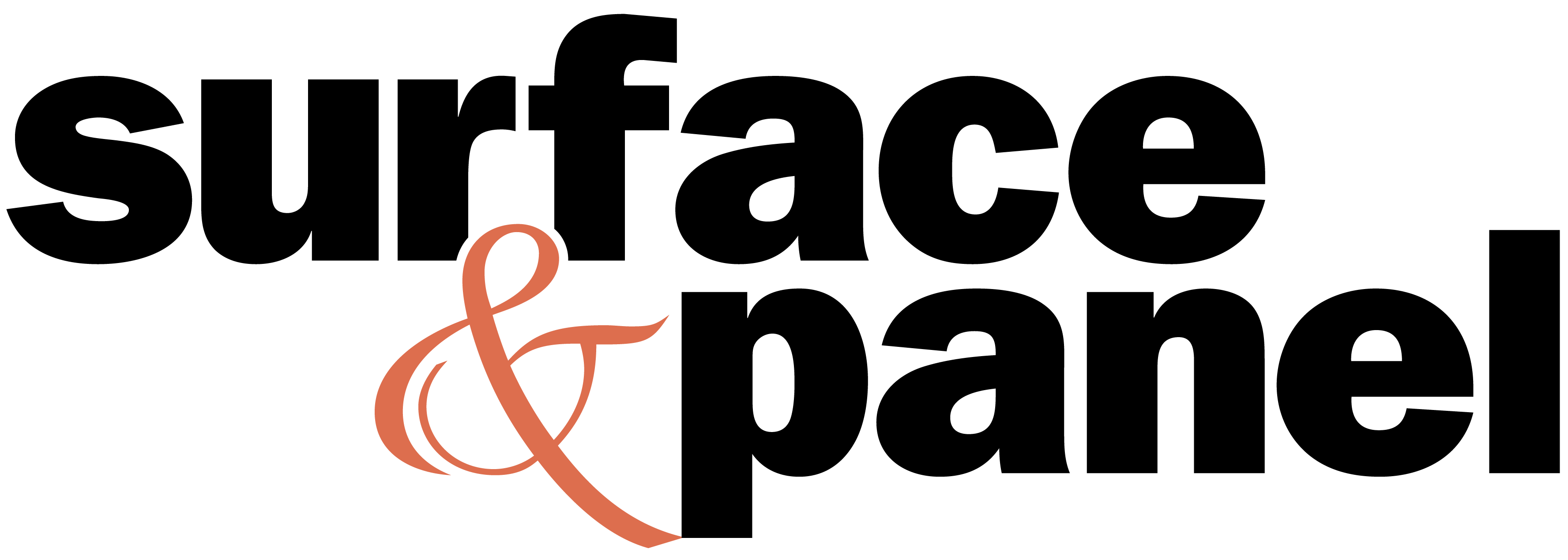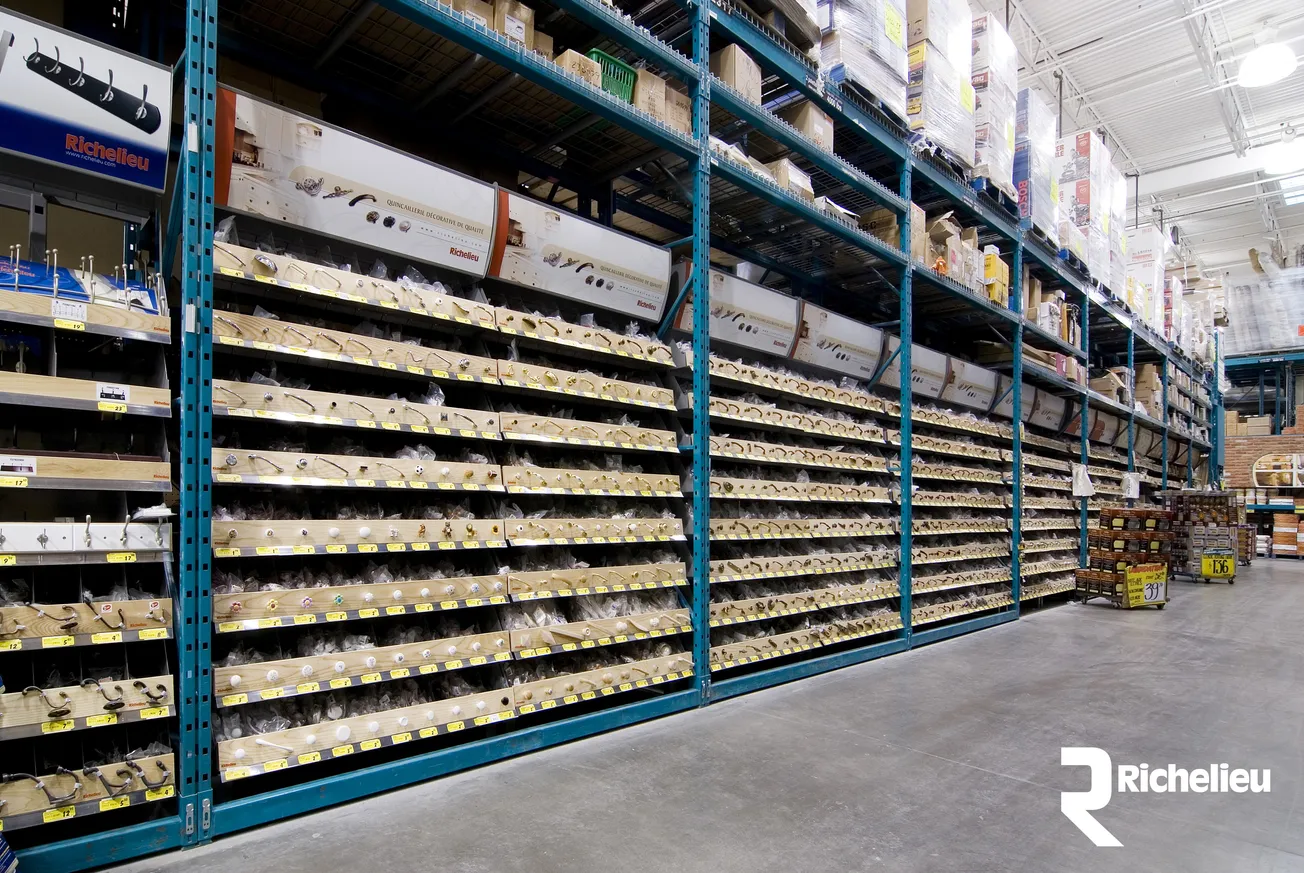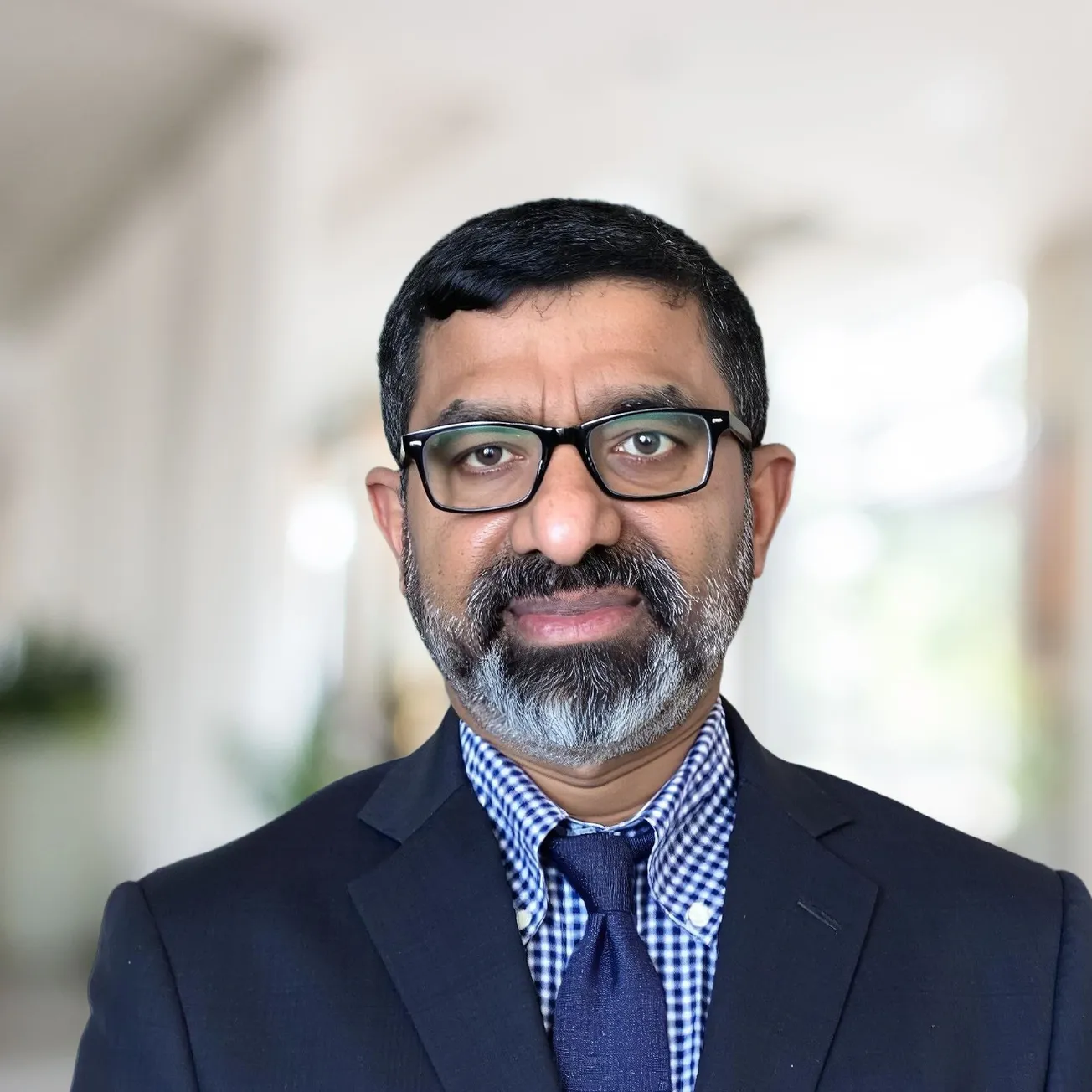Table of Contents
Legacy Flakeboard Partner on Similar Track With New Owner Arauco
Marisa Weich
 Kevin Shotbolt, vice president of sales and marketing at Arauco North America, is accustomed to being part of an organization that is widely known for being industry leaders in new technology. Flakeboard—the small Canadian manufacturer that has been synonymous with the Shotbolt family since 1960, and where Shotbolt and his brothers cut their teeth in the wood products business—is recognized for a number of pioneering firsts. One of the most pivotal of those innovations came in 1996, when the company introduced to the world the very first 10-foot-wide continuous composite board plant in Sault Ste. Marie, Ontario, which has now become the industry standard. Some 20 years later, following Flakeboard's 2012 absorption by the Chilean forestry multinational, Shotbolt again finds his feet firmly planted at a business with its sights set on something big.
Kevin Shotbolt, vice president of sales and marketing at Arauco North America, is accustomed to being part of an organization that is widely known for being industry leaders in new technology. Flakeboard—the small Canadian manufacturer that has been synonymous with the Shotbolt family since 1960, and where Shotbolt and his brothers cut their teeth in the wood products business—is recognized for a number of pioneering firsts. One of the most pivotal of those innovations came in 1996, when the company introduced to the world the very first 10-foot-wide continuous composite board plant in Sault Ste. Marie, Ontario, which has now become the industry standard. Some 20 years later, following Flakeboard's 2012 absorption by the Chilean forestry multinational, Shotbolt again finds his feet firmly planted at a business with its sights set on something big.
As part of the “legacy” Flakeboard team that stayed on after the consolidation, Shotbolt sees in Arauco a level of commitment to industry investment matching that of his previous company. For the immediate future, that means an opportunity to realize a lifelong dream. From Flakeboard's Canadian Support Centre in Markham, Ontario, he and his brother had long been eyeing the U.S. Midwest to locate a world-scale particleboard plant including TFL impregnation lines and fast cycle presses. The Midwest is the largest consumer of composite panel board in all of North America, he points out, yet most all of today's panels must be brought into the region from great distances, which creates an unsustainable environment for Arauco's customer base. After mapping out the potential of such a project for the new owners, the idea was embraced and a plan was set in motion. Now, as he works alongside the Arauco team, he is realizing for the second time in his 36-year career another “industry first” greenfield manufacturing site. This $350 million particleboard plant will arguably be the largest single line press in the world when it begins production in the fall of 2018 in Michigan.
While a huge financial investment, Shotbolt says the new facility is only a short-term representation of Arauco's dedication to the industry and to growing with its customers. When it's all said and done, the industry's largest company—whose massive footprint stretches from the east coast of Canada to the west coast of the United States–aims to have modern and sustainable particleboard, medium-density fiberboard (MDF), and melamine (TFL) melamine manufacturing plants in every region on the continent. So not only will the Midwest not have to be supplied from all corners of North America, but Arauco's existing mills will be able to satisfy their regional customers' growth plans closer to home without having to ship half way across the country. “We want to be able to manufacture our board products and ship to the geographical customer base that's close to us with short-haul trucking,” Shotbolt envisions, “so basically we can be there same day, be less dependent upon rail, and have more just-in-time deliveries.”
Producing mills closer to the markets they serve will certainly help the secondary manufacturers, he argues, but also benefit distribution partners as freight and logistics account for an increasingly bigger chunk of their expenses. A significant percentage of Arauco's business goes through distributors so, naturally, Shotbolt agrees that this new plant will provide a world-class service model for its distribution partners. Arauco's scale and financial commitment to the North American marketplace should provide its ever-increasing customer base with tremendous confidence in their ability to grow their respective businesses.
Shotbolt explains that an ongoing challenge is to provide any of Arauco's manufacturing sites with longer runs, while at the same time providing a diverse product range and accommodating a market that often demands small, customized offerings. “Matching up the proper service model to what our mills needs are and what our distribution partners demand is an ongoing challenge,” he admits, noting how inefficient it can be for a big operation to make a single bundle of anything. “Going forward, we need to strike a balance between what the mills need to run efficiently to drive economies of scale and service a distribution network that often requires their suppliers to be the infamous “one-stop shop.” Addressing this mismatch is high on Arauco's list of priorities this year, according to Shotbolt, who says the company is counting on its distributors to work alongside them to strike a balance in cooperative spirit.
Collaboration and teamwork between manufacturers and distributors on issues like this is more feasible today, Shotbolt believes, as he sees both sides becoming more selective about who they choose to do business with. “Everyone has picked their 'dance partner,'” he says, reporting that distributors no longer are flocking to every new vendor that surfaces. By the same token, Arauco and other manufacturers have hand-picked select groups of “full-line” distributors with which to grow and develop long-term relationships. And unlike in the past, Shotbolt says existing relationships are not so much “transactional” as they are “strategic.” “We engage them, ask their opinion, work alongside them,” he elaborates, because Arauco understands the importance of people and relationships to business. “At the end of the day, people and relationships trump everything.”
That is also why it values its membership in NBMDA, which it considers one of the most fruitful of its industry affiliations. From its conventions to the outstanding speakers, Shotbolt credits the association for cultivating a platform where “true partnerships” can take shape and grow; and it perplexes him that some companies still aren't taking advantage. “This is the one area where every vendor that is meaningful to this distribution network is there, all of their peers are there; so they can learn from their competition and they can learn from their contemporaries,” he says, “so I'm both interested and concerned at the same time that there are certain distributors that still are not members of the NBMDA.” Shotbolt plans to tackle association recruitment in 2017, as he begins a term on the group's board of directors—his second stint in this role. Being an executive at the oldest composite panel manufacturer in North America and the second-largest one in the world, he thinks he's in prime position to show on-the-fence distributors the light. “I think if there's anything that Arauco has, we have such a broad understanding from coast to coast of the needs of the distributors,” Shotbolt muses. “I think I can play a role with the rest of the board to make sure the agenda is focused to these areas and hopefully bring another level of recruiting to the organization.”
Besides bringing more distributors into the NBMDA fold, Shotbolt also would love to see the North American composite panel industry start playing catch-up with the rest of the world. South American, European, and Asian manufacturers have invested heavily in technology upgrades to install continuous, efficient and sustainable lines; but North America has not followed suit. Its multi-opening platforms continue to age, dragging it down from the rest of the world's production pace. Grayling aside, Arauco plans to kick-start the continent's comeback with a 10- to 20-year plan to retrofit its old infrastructure.
But Shotbolt says North America also has some ground to make up when it comes to thermally fused laminate. Arauco is no stranger to the material, considering that Flakeboard rolled out the very first melamine line in 1969. Even so, the United States remains the only market on the globe where it isn't the primary laminate product being used. Customers and the design community need to get better educated on the value TFL offers, according to Shotbolt, who notes that the Grayling facility will add new melamine presses to the existing nine already in place throughout North America. He predicts that the coming decade will see TFL claim tremendous market share and, essentially, change the game. “When that pendulum swings, and melamine starts to be used in applications the way that it is around the world, I think that there won't be enough melamine presses to serve the market,” Shotbolt predicts. “I think it's going to be a fantastic change, and one that Arauco is betting on.”







